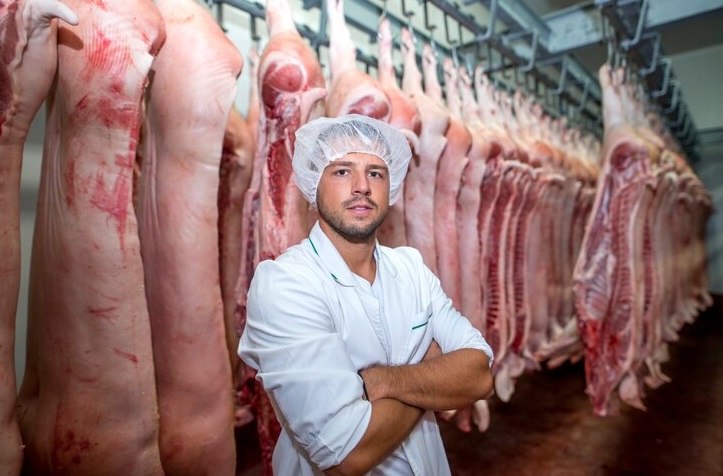
Date-: May 07 2024
The Role of Cultural Preferences and Consumer Trends in Frozen Meat Exports Industry
Frozen meat has an important role to play in commercial kitchen, restaurants, as well as households around the globe. Success in exporting frozen meat products to other countries depends on knowing local tastes and anticipating customer trends. There is no one-size-fits-all approach in this industry! An idea that succeeds in one market may fail miserably in another. It is crucial for exporters to have a thorough awareness of the subtle cultural differences and changing needs of their target markets. Let’s examine these factors’ roles in the frozen meat export market.
Influences of Culture and Religion
Different nations and religions have different customs and preferences related to meat consumptions. For example, there is a significant market for Halal-certified meat products, complying with Islamic dietary regulations in several parts of Asia and the Middle East. Moreover, a large portion of the population in India is vegetarian, so those who do eat meat tend to prefer the meat of goats or buffaloes. Demand for organic and free-range beef products is rising in various European nations. To thrive in a variety of markets, meat and frozen lamb exporters must customize their products to accommodate these cultural and religious priorities.
Changing Demands
Consumer preference are always changing due to a variety of factors, including ethical considerations, environmental concerns, and health consciousness. For example, lean meats, plant-based substitutes, and products that are grass-fed or free-range have all seen significant increases in demand. Additionally, as consumers become more aware of how meat production affects the environment, their interest in eco-friendly and sustainable methods grows. It’s critical for exporters to stay ahead of these changes and modify their offerings appropriately.
Branding and Storytelling
Customers in today’s market not only purchase a product but also the brand’s values and narrative. Successful Brazil frozen meat exporters know how important it is to have a brand story that connects with their target market. It includes emphasizing your dedication to traditional farming methods, animal welfare, or sustainability. You may set your products apart from the competition and establish a stronger connection with customers by telling a compelling story. This will increase brand loyalty and provide you a competitive advantage.
Market Analysis and Modification
Thorough market research is crucial for navigating cultural preferences and consumer trends, and trustworthy frozen meat exporter is always ready to modify their offerings as necessary. It includes collaborating with regional distributors or industry specialists who possess in-depth knowledge of the subtle cultural differences and customer inclinations in particular areas. To stay up to date and competitive in the always changing frozen meat exports market, it’s also critical to keep up with new trends and be prepared to adjust your product lines or marketing approaches accordingly.
Understanding consumer trends and cultural preferences is essential for success in the frozen meat exports market. Businesses can be the leader in this sector by customising their products to meet the customer demands, tastes of various markets, adopting sustainable business methods, and developing an engaging brand narrative.

